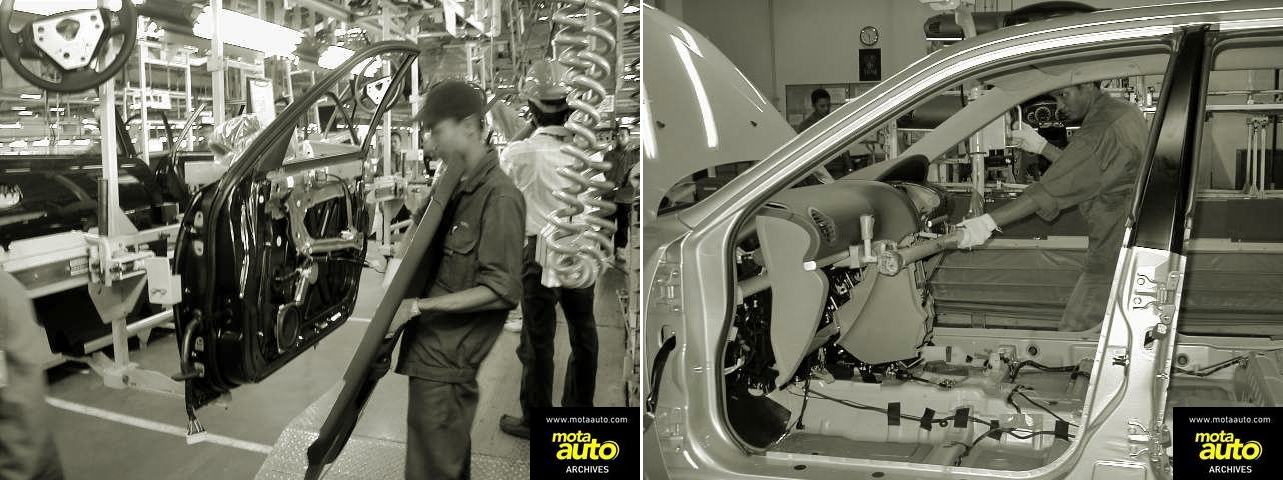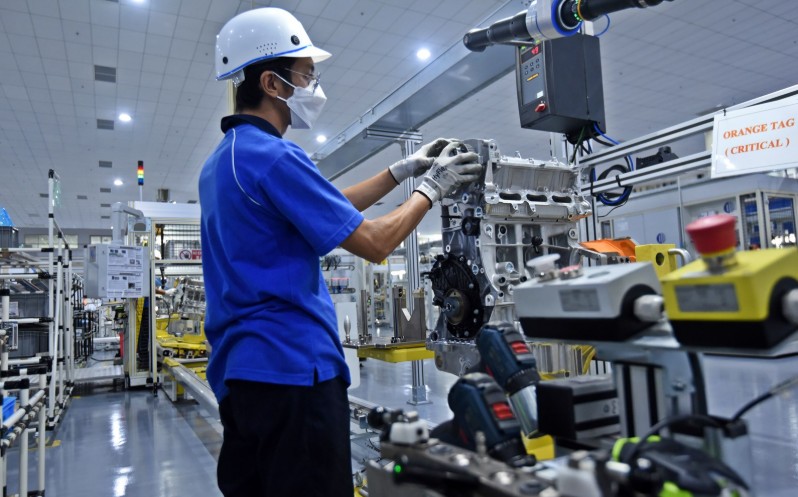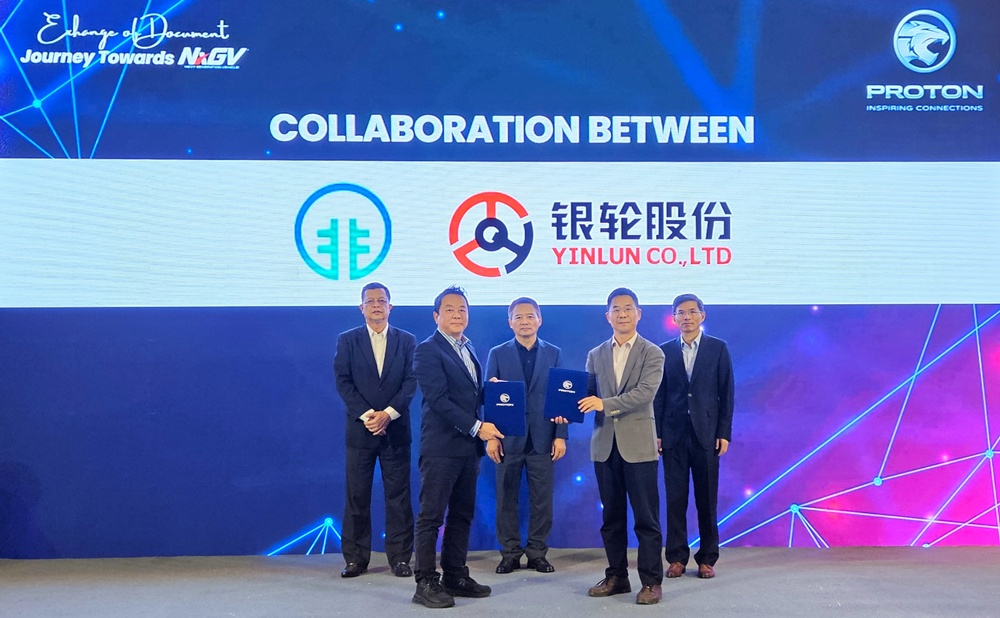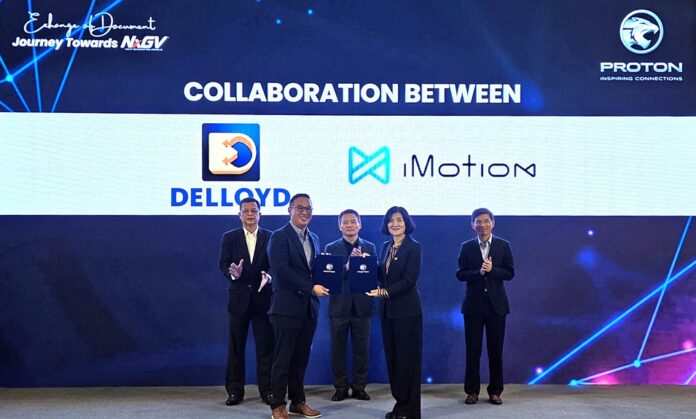When the Malaysian National Car Project was initiated in the early 1980s, one of its objectives was to develop the local automotive industry with a focus on producing components locally rather than importing everything. Proton, as the national car company, was given this task and having the highest volume of production then, it was able to provide enough business for local entrepreneurs to get into making components.
From just 17 local vendors making 228 parts in 1985, the number grew to 198 vendors making over 4,700 parts in 2001. The number would continue to grow, incentivized by government policies which prioritised use of locally-sourced components.
To expedite the transfer of technology, Proton initiated ‘match-making’ programmes between local vendors and reputable overseas technical collaborators, which was of great benefit to the local auto industry. While the majority of foreign technical partners came from Japan, there were also many from Germany, Taiwan, France and Korea.

In 2025, Proton continues its original mission by taking another step towards localising component production. This time, it is focussed on high-tech components which will be required for upcoming models. This will boost local content value and facilitate the introduction of new technologies to the Malaysian automotive ecosystem. Besides, benefitting Proton directly, it will uplift the capabilities of vendors in the country and raise their competitiveness on a regional and global level.

As before, Proton has used the ‘match-making’ approach and brought together local vendors with companies that currently supply products to Geely, one of the two major shareholders in the Malaysian automaker. Four joint venture and two technical agreements have been signed which will accelerate the localisation of components for future Proton offerings, including fully electric vehicles.
One joint venture is between Delloyd Technology Berhad (a long-time Proton vendor) and Imotion Automotive Technology (Suzhou) Co Ltd., which is one of the top suppliers supplying Advanced Driver Assistance Systems (ADAS) systems to Chinese automakers such as Geely, ZEEKR and Chery as well as Volvo.

For advanced brake systems, an agreement was signed between PEPS JV (M) Sdn Bhd and Liuzhou Sanly Autoparts Co Ltd. The Malaysian company will focus on component production, and its partner Liuzhou Sanly will be responsible for modular assembly of the components. This collaborative approach accelerates technology integration and enhances overall product performance . There will also be advantages in raw material sourcing and component efficiency to make the brake system solutions more cost-effective.
Jiangsu Dekai Auto Parts Co Ltd has a proven record of accomplishment in the automotive lighting industry in China, with strong R&D, engineering and advanced manufacturing facilities centred around the production of vehicle headlamps. The company signed a joint venture agreement with JHM Consolidation Berhad to assist the latter in expanding their capabilities and upgrade their business activities from being a replacement equipment manufacturer for the aftermarket to an original equipment manufacturer that will develop and assemble advanced headlamps for future Proton models.

Finally, the fourth joint venture agreement is between Trillion Speed (M) Sdn Bhd and Shanghai Yinlun Heat Exchange Systems Co Ltd., a specialist in HVAC (Heating, Ventilation & Air-Conditioning) systems. Shanghai Yinlun will transfer technologies to advance HVAC systems for future Proton models and also create new job opportunities within the local ecosystem.
As for the two technical agreements signed to develop interior and ADAS systems, there are between SHJ Interia Sdn Bhd and Changchun Fawsn Automotive Trim Co Ltd for the former, and between Xenso Electronics Sdn Bhd and Freetech Intelligent Systems Co. Ltd. for the latter.

The agreement for development of ADAS will co-development of high-accuracy rear and side detection systems – crucial for features such as blind spot monitoring and lane change assist.
“With high technology components becoming an increasingly vital component in our models, it is vital for Proton to bring the development and production of these components to the local ecosystem, to gain a cost advantage as well as to upskill the capabilities of its R&D team and vendors. The joint venture and technical agreements reflect our long-term commitment to manufacturing vehicles in Malaysia while also turning the country into an automotive hub by contributing to the realisation of the Automotive High Tech Valley (AHTV) in Perak that is led by the company’s shareholders,” said Wang Huaibing, Proton’s Chief Procurement Officer.
Leading Thai parts maker collaborates with Proton in local production of body and chassis parts



